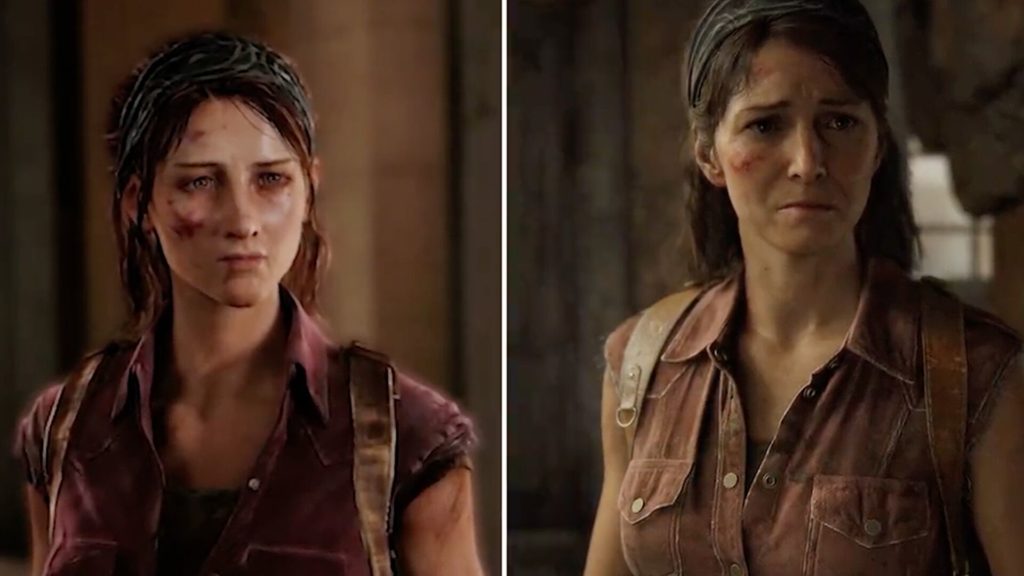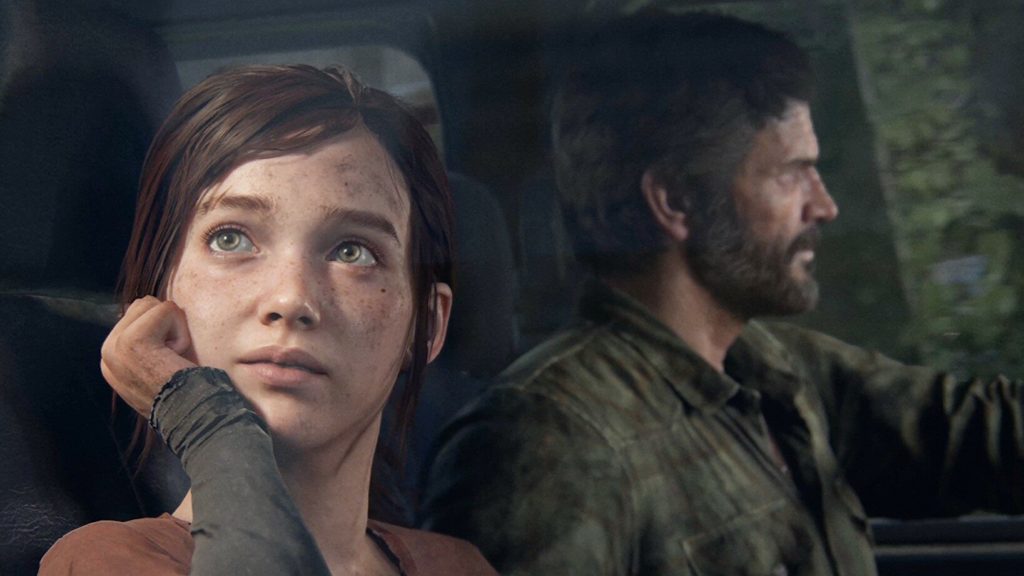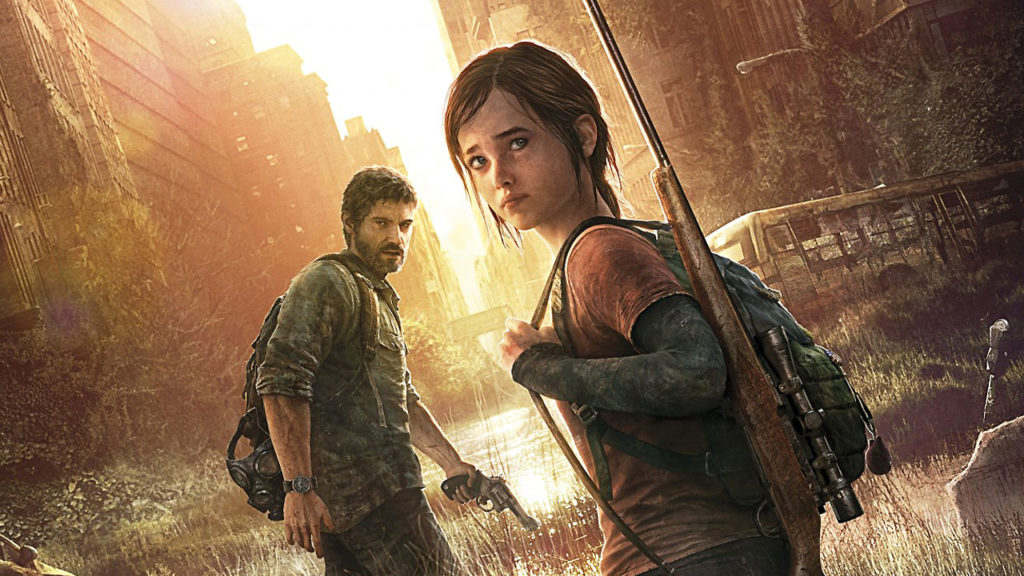I’ve seen some … complaints about the fact that Sony is planning yet another re-release of The Last of Us.
To be clear, I get it. On the surface, it does seem nuts that a single game would get three different releases, across three different consoles, in less than a decade. And these are distinct products – with their own unique changes, features, and additions – rather than straight ports of the original code to new hardware.
At a certain level, it feels bad. Maybe you consider it a cynical cash grab for Sony to do this. Maybe you think it points to a general lack of creativity and new ideas. Maybe it seems bizarre because the original, PS4-based remaster works on PS5.
However you feel, I get it. But – and I can’t believe I’m saying this – I also get where Sony is coming from, at least in regards to this new, upcoming release.
The Last of Us Part 1 – the name for this second re-release, which pairs nicely with the name of the sequel, The Last of Us Part 2 – has multiple, (in my opinion) reasonable justifications for existing. For example:
- It’s not so much a remaster as it is a remake. The game will allegedly bring the combat, stealth mechanics, and AI of TLOU 2 into the original game. That should, in theory, be a major shakeup that promises a noticeably different experience.
- Its launch is meant to coincide with the premiere of the television adaptation that is in the works. From a pure marketing/tie-in perspective, it makes sense to have a new version of the game to advertise, especially if it is true that some of the character models are going to be tweaked to more closely resemble the actors in the show.
- This new version of the game marks the series’ first foray onto the PC.
- It is going to come out roughly a decade after the release of the original game.

When viewed solely from this perspective, The Last of Us Part 1 makes a lot of sense. It’s a (hopefully) smart update and re-envisioning that is intended as much or more for a new audience than for an existing one.
The problem then, is not so much with this re-release, but with the previous one. The Last of Us Remastered came out only a year after the original game, with only a modicum of enhancements. It basically exists because the original code couldn’t run on PS4, and the console didn’t have all that many good exclusives through 2013 and 2014.
In other words, Last of Us Remastered is the actual pointless, money grubbing, cynical release. But since it came out first – and since it seems to be the way that a lot of people played the game – it has and will receive the benefit of the doubt (it also doesn’t hurt that, yes, it is playable on both PS4 and PS5, making it an option for pretty much anyone in Sony’s gaming ecosystem).

Meanwhile, Last of Us Part 1 – which has genuine changes and improvements, and is going to appeal to multiple new audiences – is and will be treated with suspicion.
I don’t bring this up as an attempt to defend Sony. Indeed, they have only themselves to blame for whatever controversies surround this release. If this had been the first re-release since the 2013 original, gamers would be applauding them right now. Instead, they shot themselves in the foot by coming up with a quick fix remaster to satisfy the PS4’s early adopters.
I’m also not all surprised at gamingdom’s overall reaction to these back catalog shenanigans. If you find yourself wondering why some people are upset at Last of us Part 1 (while others are excited), here’s a simple algorithm:
Does The Last of Us Part 1 cater to you specifically? If so, then you like it. Otherwise you don’t.

This is not an uncommon pattern. For example, it happened during the first few years of the Nintendo Switch. If you were someone who invested heavily in the Wii U, then you were probably miffed at how many Wii U games were ported to the new device (and at full price!).
On the other hand, if you skipped that generation, then you were all too happy to see those games made available on your shiny new Switch. Basically, gamers have been, and will continue to be unable to see the world beyond their own nose.



I think there is definitely a benefit to remasters, particularly additive ones (even a turbo added to most ported/upscaled RPGs can transform the experience).
Some of this is probably happening because the industry is finally adopting more uniform architectures making these ports/upgrades cheaper. It’s been a while since I followed that end of things, but I think the PS3 was the last system with a truly unique architecture, which has had the unfortunate consequence that many games are stuck on the system.
This also means that ports are easier – between that and platform-independent engines like Unity, it’s easier than ever to make your game available on anything (and port/remake on a new system when it releases). I think it’s largely a good development for the industry, although I can’t imagine console makers are necessarily going to benefit in the long term as “system sellers” will be more rare.
Personally there are several games I haven’t bought on the Switch since I still have a functioning Wii U and Nintendo stuff rarely goes below $40. I’d like to be able to play the new content on stuff like Mario Kart and Mario 3D world, but it’s not worth that price to me. I’m not going to complain about more people getting to play them, though!